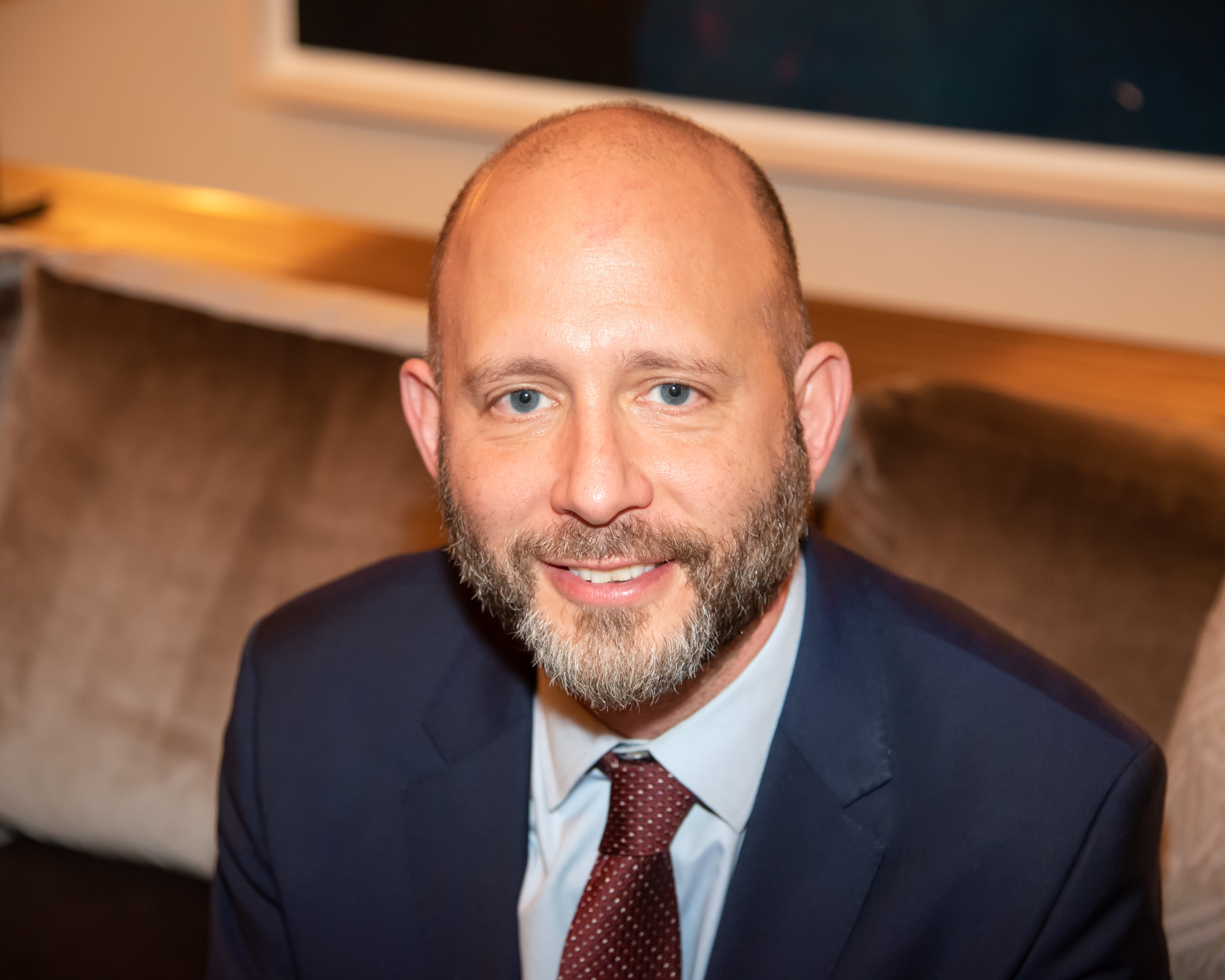
Adults making sexual overtures. Drug dealers peddling fentanyl-laced pills. Influencers promoting eating disorders, and anonymous messengers encouraging suicide.
These are just a few of the dangers our kids are facing online. We are in a crisis where children are dying and families are being destroyed as a result of social media platforms’ deliberate design choices and deceptive business practices. A warning label from the surgeon general is a small but significant step that can help change that.
A warning label from the surgeon general is a small but significant step that can help change that.
If you’re old enough, you can remember a time in this country when cigarette smoke was everywhere. Young people might find that hard to believe, however, given all that we know today about the dangers of tobacco, and the fact that smoking rates have dropped to historic lows. According to Gallup, in the mid-1950s, nearly half of US adults were smokers, but by 2022, the number was down to just 11%. The warning label on cigarette packs no doubt played a key role in that change — and helped save countless lives.
Cigarettes and social media are not a perfect comparison, but the companies that sell those dangerous items have shocking similarities. Like their peers in the tobacco industry, Big Tech firms have tweaked their formulas to make their product more addictive. They’ve paid for their own research, and for doctors and front groups to falsely claim their platforms are safe, even though it’s a lie.
It’s true that social media, unlike cigarettes, offers some benefits. Young people have used online platforms to make friends, explore their interests and get involved in worthy causes. Most adults also likely have a very different experience on social media than kids do.
Yet it would take an act of willful blindness to deny the dangers these apps expose our children to. Every week on Instagram, about 1 in 5 teens encounters self-harm content and one in eight say they receive unwanted sexual advances. Forty percent of teen girls say social media makes them feel worse about their bodies. It’s no wonder that, according to Jonathan Haidt’s book “The Anxious Generation,” depression in the social media era has skyrocketed 145% for girls and 161% for boys ages 12-17.
These statistics are not random. Online platforms are designed to addict young people at any cost. To maximize engagement, they send children down dangerous rabbit holes full of pro-eating disorder and pro-suicide content and implement features that make young people more vulnerable to cyberbullying. And they use design features like autoplay and infinite scroll to ensure that young people stay perpetually online.
Online platforms are designed to addict young people at any cost.
These companies can’t claim to be surprised by the harm they’re inflicting. Arturo Béjar, a former senior engineer at Meta, testified to the Senate last year that he sent the company’s top brass data showing the negative impact of its platforms on children and teens. Those senior leaders, including CEO Mark Zuckerberg and COO Sheryl Sandberg, ignored him.
Béjar said tech companies can make their platforms safer for kids without losing significant revenue. Given their unwillingness to do so, a surgeon general’s warning is the least that can be done to protect kids online. Such a label would allow children and families to make a better-informed decision about using social media — something the social media companies themselves are determined to prevent.
Yet as the surgeon general said, a warning label is not enough. We need legislation that will, as Dr. Murthy wrote, “prevent platforms from collecting sensitive data from children and … restrict the use of features like push notifications, autoplay and infinite scroll, which prey on developing brains and contribute to excessive use.”
Thankfully, such a bill was just passed by an overwhelming bipartisan majority in the Senate. It’s called the Kids Online Safety Act, and it will impose a “duty of care” requiring online platforms to act in children’s best interests and protect them from dangerous design features. The legislation will also compel social media companies to proactively mitigate risks to children’s mental health and physical safety, and require them to give kids the strongest privacy and safety settings by default.
KOSA is closer to becoming law than any similar legislation over the last 25 years — it just passed the Senate by an astonishing 91-3 margin. A warning label from the surgeon general is a great first step to protecting kids on social media, but if we really want to keep our children safe, and our families whole, we need Congress to pass KOSA and force online platforms to change their dangerous and even deadly designs. And if Congress does its job, maybe we won’t even need warning labels in the future, because young people will finally have the social media experiences they deserve.
Josh Golin is Executive Director of Fairplay, which works to enhance children’s well-being by eliminating the exploitative and harmful business practices of marketers and Big Tech. Under Josh’s leadership, Fairplay has forced major changes at YouTube, Instagram, and Amazon and launched ParentsSOS, an initiative of families who have lost their children to online harms and advocate for the Kids Online Safety Act.




